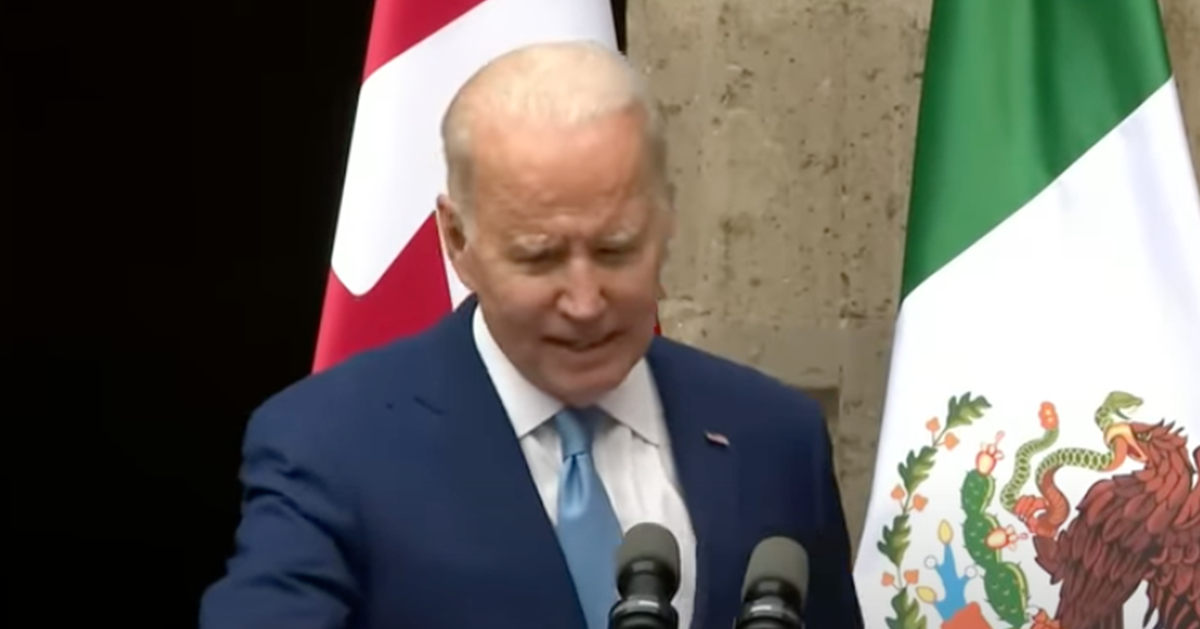US Supreme Court Weighs City's Authority to Address Homeless Encampments
The U.S. Supreme Court has commenced deliberations on a landmark case that could redefine the constitutionality of public camping prohibitions under the Eighth Amendment.
The City of Grants Pass, Oregon v. Johnson poses critical questions about whether laws banning public sleeping amount to cruel and unusual punishment, as the Washington Examiner reports.
Representatives for both sides presented their arguments, with the city’s stance defended by Theane Evangelis, who argued that local governance should have the autonomy to regulate homeless encampments. Opposing, Kelsi B. Corkran represented the plaintiffs, arguing these laws unfairly penalize the homeless without offering solutions.
The justices appeared divided on the issue, with some struggling to differentiate between the involuntary status of homelessness and the conduct it compels.
Divided Supreme Court Tackles Eighth Amendment Implications
During the proceedings, the court's ideological split was evident, hinting at the complex nature of applying the Eighth Amendment, typically reserved for punitive measures, to cases of homelessness. Historical precedents like the 1962 case of Robinson v. California were cited, where it was ruled unconstitutional to criminalize drug addiction, an involuntary state.
Chief Justice John Roberts highlighted the difficulty in distinguishing between the status of being homeless and the associated conduct, noting that one's homeless status could change rapidly under certain conditions.
Justice Elena Kagan and Justice Sonia Sotomayor voiced concerns about the criminalization of homelessness itself, questioning the ethical implications of such laws.
Local Regulations Versus Constitutional Rights
The case not only reviews local laws but also considers a prior ruling from the 9th U.S. Circuit Court, which held that criminal penalties for homeless conditions are unlawful without first providing adequate shelter. This decision has been linked to increased visible homeless encampments since 2018.
Government officials, including California Gov. Gavin Newsom, have weighed in, advocating for a compassionate approach that balances the enforcement of public camping laws with understanding and support for the homeless population.
Justice Sotomayor’s poignant inquiry during the arguments emphasized the dire consequences of these laws, questioning where homeless individuals could go if every locality adopted similar regulations.
Legal Perspectives and Public Policy Debates
Quotes from the courtroom underscore the debate's intensity. Chief Justice Roberts questioned whether the Supreme Court was the best body to make these policy judgments, highlighting the broader implications of their decision.
Kelsi B. Corkran argued that Grants Pass’ ordinances do not solve homelessness but merely shift the burden to other areas, potentially exacerbating the problem in neighboring communities.
Justice Kagan’s statement, “It seems like you are criminalizing a status,” captured the core of the legal argument against the city’s laws.
Anticipating a Landmark Decision
With the majority of justices leaning towards upholding local control over homelessness regulations, the final decision, expected by the end of June, could significantly impact municipal powers across the United States.
The case has attracted considerable attention, indicating its potential to set a significant legal precedent regarding how cities manage public spaces and address homelessness.
This decision will likely influence similar ordinances nationwide, determining whether cities can enforce anti-camping laws or must reconsider their approach to managing homelessness.
Conclusion: A Balancing Act of Compassion and Regulation
In conclusion, the Supreme Court's decision in the City of Grants Pass, Oregon v. Johnson will be pivotal. It explores the constitutional limits of public camping laws, the societal obligations to vulnerable populations, and the scope of local government powers.
As the justices deliberate, the nation watches, awaiting a ruling that will balance the rights of individuals against community needs.






